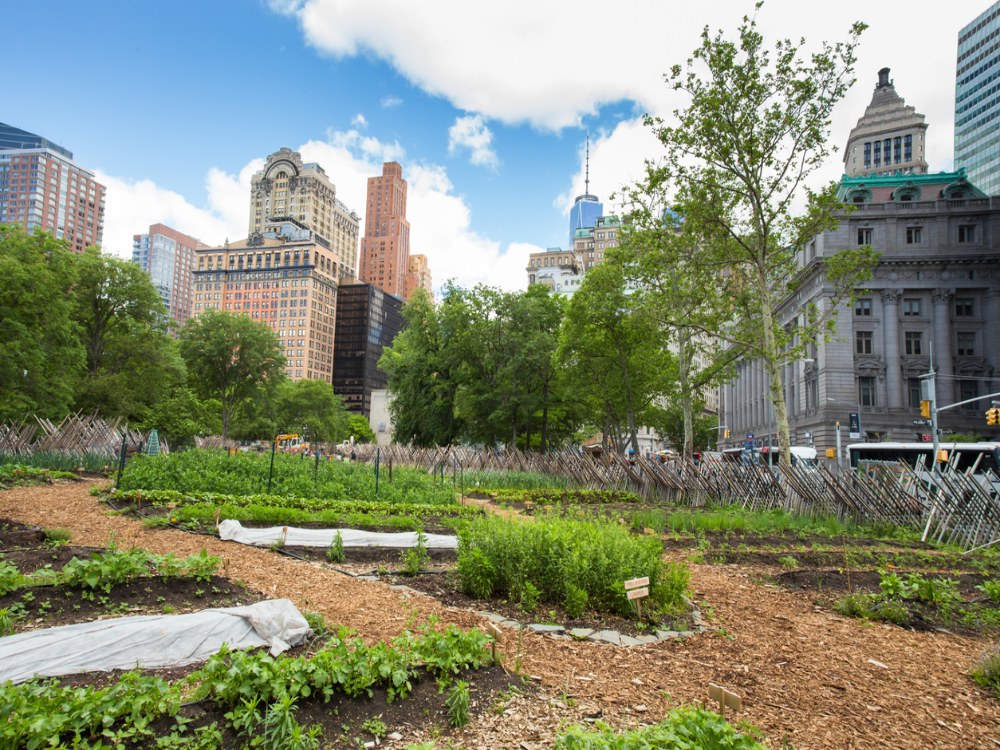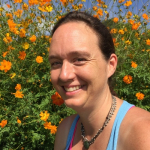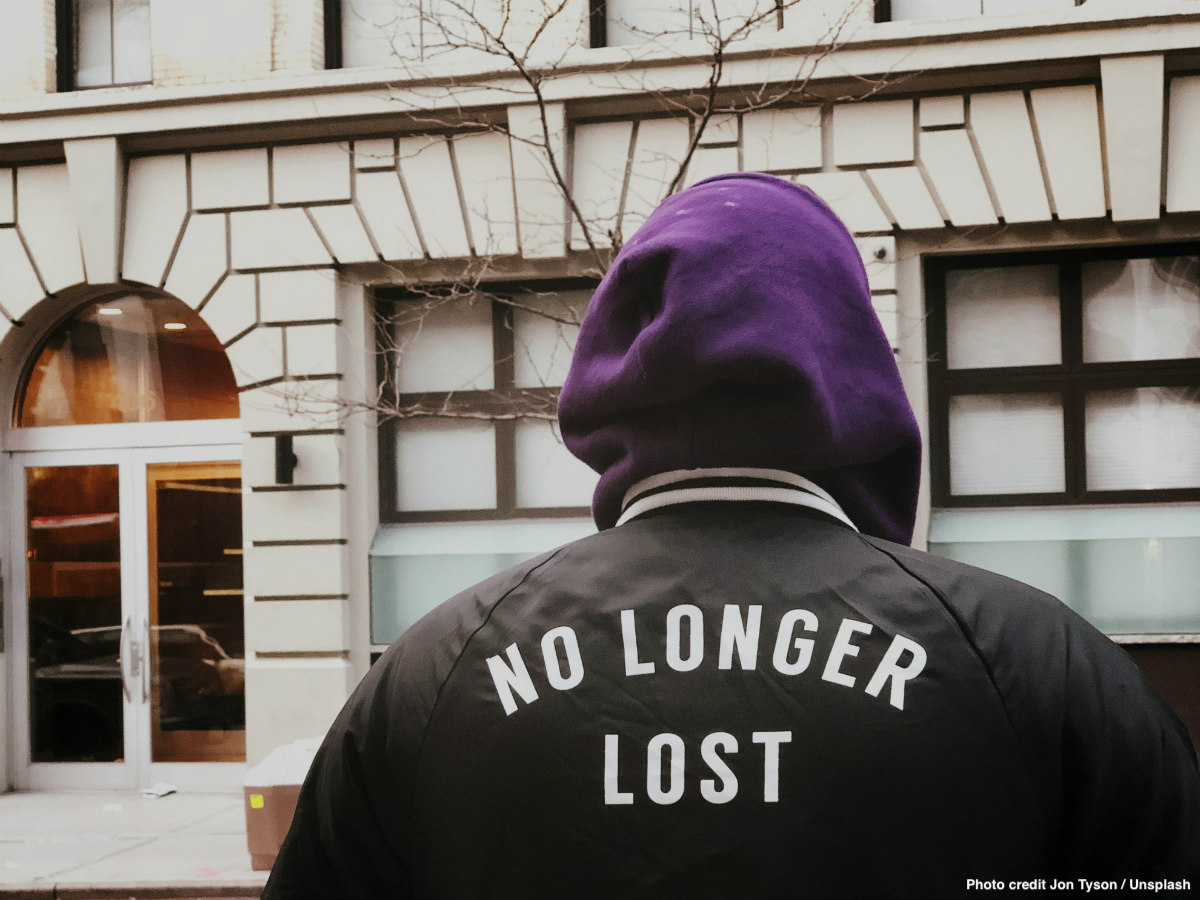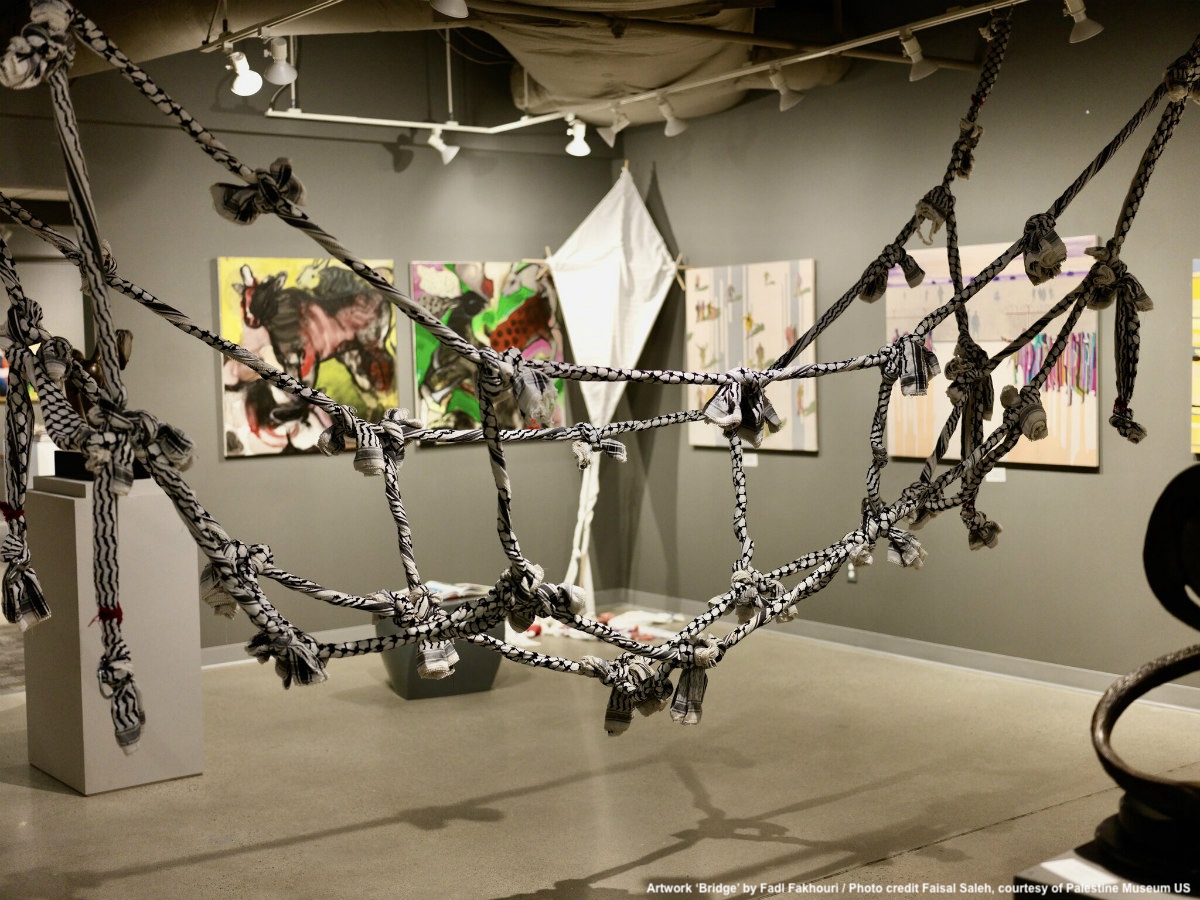This article is published in collaboration with Resilience Quarterly, a publication co-produced by the Urban Systems Lab at The New School.
Nourishing community is critical in the creation of post-COVID resilient neighborhoods. NYC Community Gardens have long held the role of bringing diverse groups of people together. These groups cut across race, culture, gender, and socio-economic class. When bringing people with different backgrounds together, it is natural that conflict happens. In some spaces, gardeners work well together and are able to not just grow produce and plants, but also relationships.
However, in other spaces conflict may arise due to different worldviews of how to grow and how to resolve conflicts in a gardening space. These conflicts have the ability to either divide or support creativity and innovation. The key is managing the process of peacemaking and growing relationships in urban gardens between people.
Relationships between NYC gardeners occur in unexpected places. Mediator and Restorative Justice Practitioner, Skye Roper-Moses and community gardener and collaboration specialist, Michelle Jackson, met in school and began sharing stories of their experiences gardening in New York City. Skye’s garden experience was from the perspective of a large family garden in the North Bronx on land that was purchased by her great-grandfather in the late 1940’s after he moved north from South Carolina with a dream to own a home with enough room to grow his own food for his family and future generations. This was juxtaposed with Michelle’s gardening experience focused on her move to Harlem in 2004 and joining the local community garden in 2008. Michelle joined the garden to grow tomatoes and to meet her neighbors.
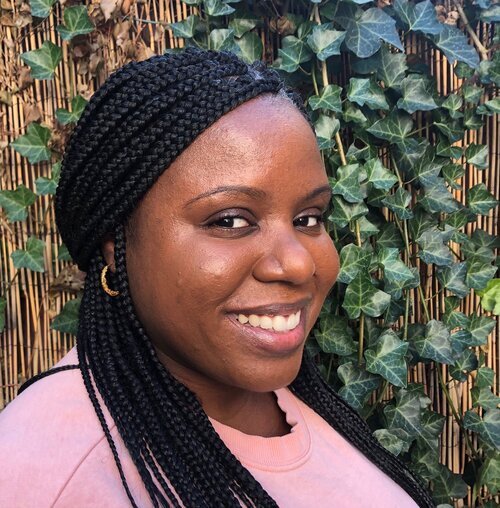
Through the knowledge-sharing of her neighbors and their collective experiences, Michelle deepened her understanding of gentrification, systemic racism, land-use and environmental justice, and this led her back to school for training in conflict resolution. Through both of these experiences, Skye and Michelle recognized the unique position that NYC gardeners have in their neighborhoods and began looking for ways to support community urban gardens by using their training in conflict resolution and peacemaking.
In 2017, Skye and Michelle piloted a workshop for community gardeners at the GROW Conference in the Bronx. During the workshop, they learned of the conflicts that arise around growing and caring for plants. Issues ranged from vertical growing structures for squashes, bitter melon and cucumbers that blocked neighboring plots’ light to issues related to understanding when to pick a tomato. Some gardeners felt that you should pick it and let it ripen on a table while others waited for the “perfect” ripeness to occur on the vine. It wasn’t uncommon for someone to pick a tomato out of someone else’s plot to avoid it falling to the ground and rotting. The timing of the tomato picking and picking vegetables from someone else’s plot, revealed issues of sensitivity towards food insecurity and ideas around shared or individual resources.
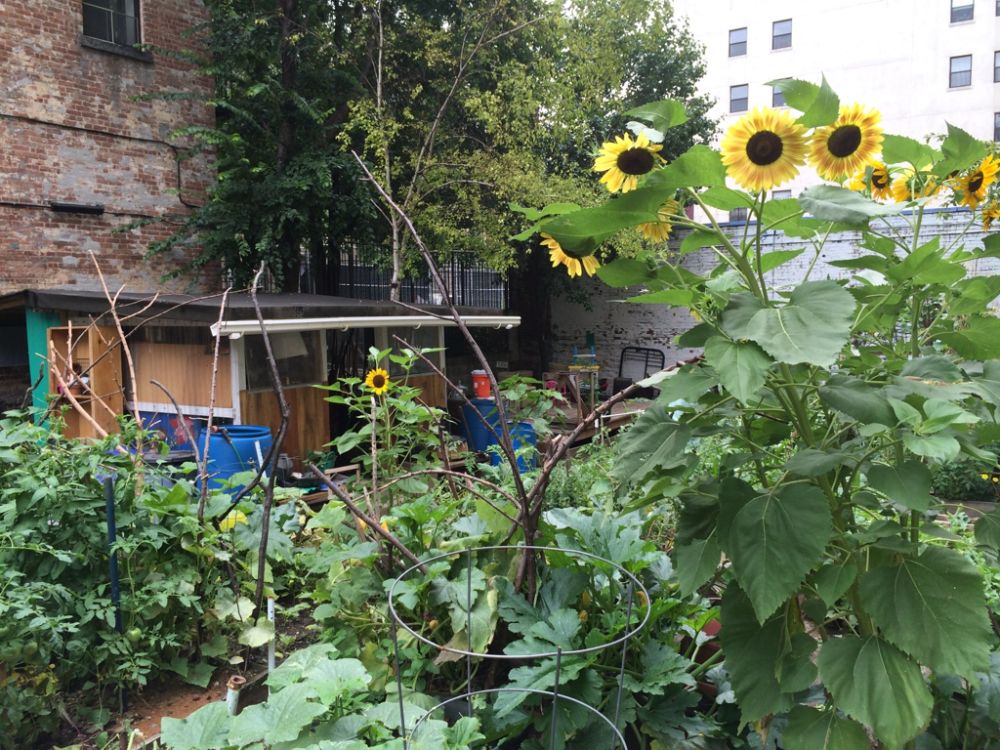
These conversations about the care of plants changed some people’s perspectives of situations in the garden. Making space for conversations around plant care in community gardens builds relationships, and makes space for sharing collective wisdom that can shift the understanding of why misunderstandings arise. Also it can change behavior and lessen conflicts among group members to strengthen community. With each interaction, the people and plants respond to one another and systems begin to change.
Skye and Michelle experienced these shifts and began to formalize their work of peacemaking in New York’s urban gardens. They developed workshops and Garden Circles specifically created to support stewards of green space in New York City. These were developed through a partnership with their urban ecology collective, Seeds to Soil and Snap Indigo, a facilitation consultancy.
During the COVID-19 pandemic, they reached out to NYC Parks/GreenThumb and suggested hosting a series of Garden Circles for community gardeners. The goal of the circles was to develop a community open to sharing their experiences during the pandemic while assisting those experiencing conflict situations within their gardens. One way they did this was by using a circle practice which stems from Indigenous Peacemaking Circles. Peacemaking Circles bring together individuals who wish to engage in decision making, support, and conflict resolution or other activities in which honest communication, relationship development, and community building are core desired outcomes. Peacemaking Circles aid the community by ensuring that members of the circle can see and hear each other. By creating opportunities to heal and share community wisdom, participants learn how to solve an issue or step back from one.
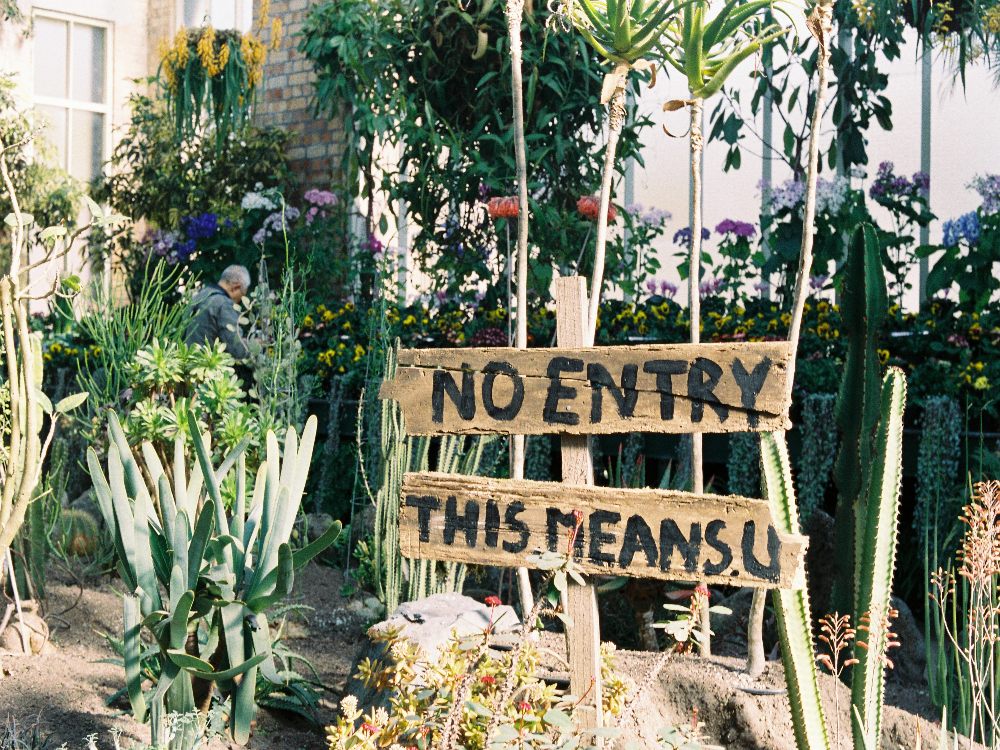
As the Garden Circles progressed, it became clear that the community gardeners not only wanted a space for the circle process, but they also wanted to learn specific tools to address conflicts. So Michelle and Skye responded by creating a hybrid of traditional circle work and short teach-outs of conflict transformation techniques. Through the techniques and the circle process, there were moments when participants experienced a shift in perspective. Gardeners acknowledged that they could have handled things differently in certain situations; other participants also recognized the perspective shifts. These shifts are markers of adaptive resilient communities.
It became clear that creating resilient communities requires nourishment. It is critical to bridge neighborhood and city communities and provide the support necessary to these groups so that they are able to rebound and respond to all types of crises that happen whether it is climate related or health related. Building trust within a community enables people to work together even in the most stressful of circumstances because they understand that they can come together in impactful ways to support one another.
Michelle Jackson, Seeds to Soil and Snap Indigo, Collaboration Facilitator, founded and runs Seeds to Soil, a collective which focuses on environmental stewardship and engagement sharing knowledge, materials and support. She manages creative processes across sectors through her consultancy, Snap Indigo as a producer and facilitator. She has a background as a NYC community gardener and sits on the board for various social impact organizations. Michelle has a BA in Art History from Smith College and a MS in Negotiation and Conflict Resolution from Columbia University.
